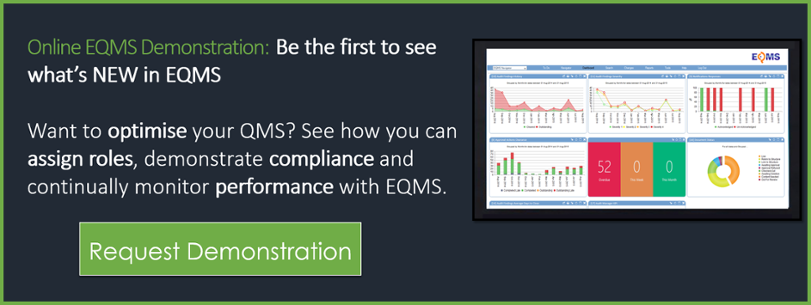Want to contribute to this article?
A culture of quality is the holy grail for any organisation.
It's when employees understand their roles, communicate issues and are empowered to continually improve processes. They understand what they are accountable for and take ownership of it.
But this isn't easy to achieve. Even in organisations where roles and training are clearly established, quality can be perceived as the responsibility of the quality team, rather than everybody.
This is exactly the challenge Sue Ashford, Associate Director of QESH, was faced with at Coca-Cola Enterprises. At the Food Safety Trends Conference, Sue explained the challenges, process and initiatives introduced in transforming the culture.
We've summarised some of the key points in the article below.

"QESH should have noticed this and put it right"
In corporate audits, Sue described how it was clear there was a general lack of understanding about the role of quality. Being accountable for quality, environment, safety and health (QESH) was seen to be the responsibility of the quality department rather than everybody. Because of this, Coca-Cola Enterprises reviewed their process for training employees.
Training process
Sue described how she first of all reviewed the organisation's learning framework.

The organisation already had an established learning management system.
Before the course:
- Employees review their progress since their last one-to-one meeting with their manager
- They review any materials received before the course and complete any tasks set
- They jointly agree objectives
During the course:
- Employees attend the course
- They review their progress against personal objectives
- They set an action plan
After the course:
- Employees share their action plan
- They agree with their line manager what actions they will take
- They apply what they have learned to the workplace
By applying a robust evaluation process, Sue Ashford recognised an opportunity to maximise learning and performance through blending learning interventions, named "practice apply learning".
Training through 'Live Drama Bootcamps'
Sue explained how 'Live Drama Bootcamps' are now an essential part of Coca-Cola Enterprises' employee training programme.
This unconventional approach involved using a drama group to portray typical situations in a manufacturing operation and then invite employees to change the outcome of those situations. The drama group used humour to motivate QESH personnel and operations staff to make essential changes.
'Live Drama Bootcamps' motivate staff to change their perceptions of who's accountable for quality
The organisation followed up these bootcamps with a training package that used videos and interactive questioning to help employees change their own perception of where accountability for quality, safety and environment lies.
Sue explained that feedback regarding the drama group has been very positive in driving the changes the organisation were looking for, but cautioned that a complete culture change does not happen overnight.
Systems to support culture change
Changing your company's culture means having the correct systems in place to plan, monitor and manage your employees.
EQMS Training Records Manager can be used to send materials before the course, schedule training, and provide evaluations when the course is complete.
What you should do now
For more information about EQMS Training Records Manager, request a demonstration.









Share your thoughts on this article